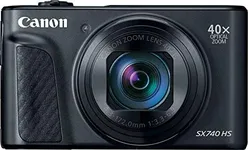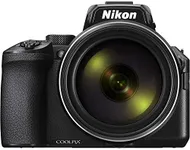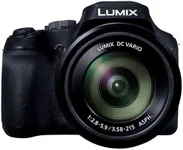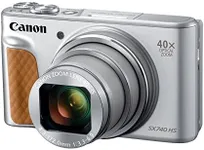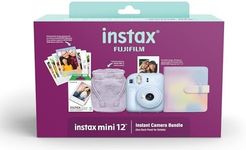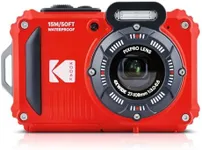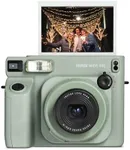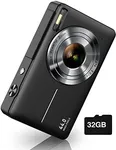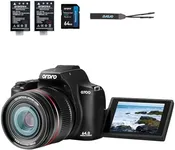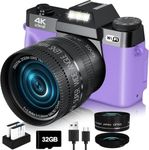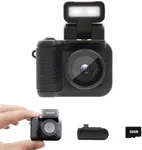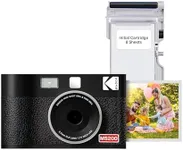Buying Guide for the Best Camera Point And Shoots
Choosing the right point-and-shoot camera can be a fun and rewarding experience. These cameras are designed to be easy to use, making them perfect for casual photographers or those who want a simple way to capture memories without dealing with complex settings. To find the best fit for you, consider what you'll be using the camera for, such as travel, family events, or everyday snapshots. Here are some key specifications to look at and how to navigate them.MegapixelsMegapixels refer to the resolution of the camera's sensor, which determines the detail and clarity of your photos. Higher megapixels mean more detail, but it's not the only factor for image quality. For everyday use, a camera with 12-20 megapixels is usually sufficient. If you plan to print large photos or crop images frequently, you might want a camera with more megapixels.
ZoomZoom capability allows you to get closer to your subject without physically moving. Optical zoom is more important than digital zoom because it maintains image quality. Cameras with 3x to 10x optical zoom are good for general use, while those with 20x or more are better for capturing distant subjects, like wildlife or sports events.
Sensor SizeThe sensor size affects the camera's ability to capture light and detail. Larger sensors generally produce better image quality, especially in low light conditions. Common sensor sizes in point-and-shoot cameras include 1/2.3-inch, 1-inch, and APS-C. If you often shoot in low light or want higher image quality, look for a camera with a larger sensor.
Image StabilizationImage stabilization helps reduce blur caused by camera shake, which is especially useful in low light or when using zoom. Optical image stabilization is more effective than digital stabilization. If you plan to take photos in challenging conditions or without a tripod, choose a camera with good image stabilization features.
Video QualityMany point-and-shoot cameras can record video as well as take photos. Video quality is measured in resolution, such as 1080p or 4K. If you want to capture high-quality videos, look for a camera that offers 4K resolution. For casual video recording, 1080p is usually sufficient.
Battery LifeBattery life determines how long you can use the camera before needing to recharge or replace the battery. If you plan to use the camera for extended periods, such as during travel or events, look for a model with longer battery life. Cameras with rechargeable batteries are convenient, but those with replaceable batteries can be handy for long outings.
ConnectivityConnectivity options like Wi-Fi, Bluetooth, and NFC allow you to easily transfer photos to your smartphone or computer. This can be useful for sharing images quickly or backing them up. If you like to share your photos on social media or need to transfer them frequently, choose a camera with good connectivity features.
Size and WeightPoint-and-shoot cameras are known for their compact size and portability. Consider how you'll be using the camera and whether you need something lightweight and easy to carry. Smaller cameras are great for travel and everyday use, while slightly larger models may offer better features and ergonomics.
